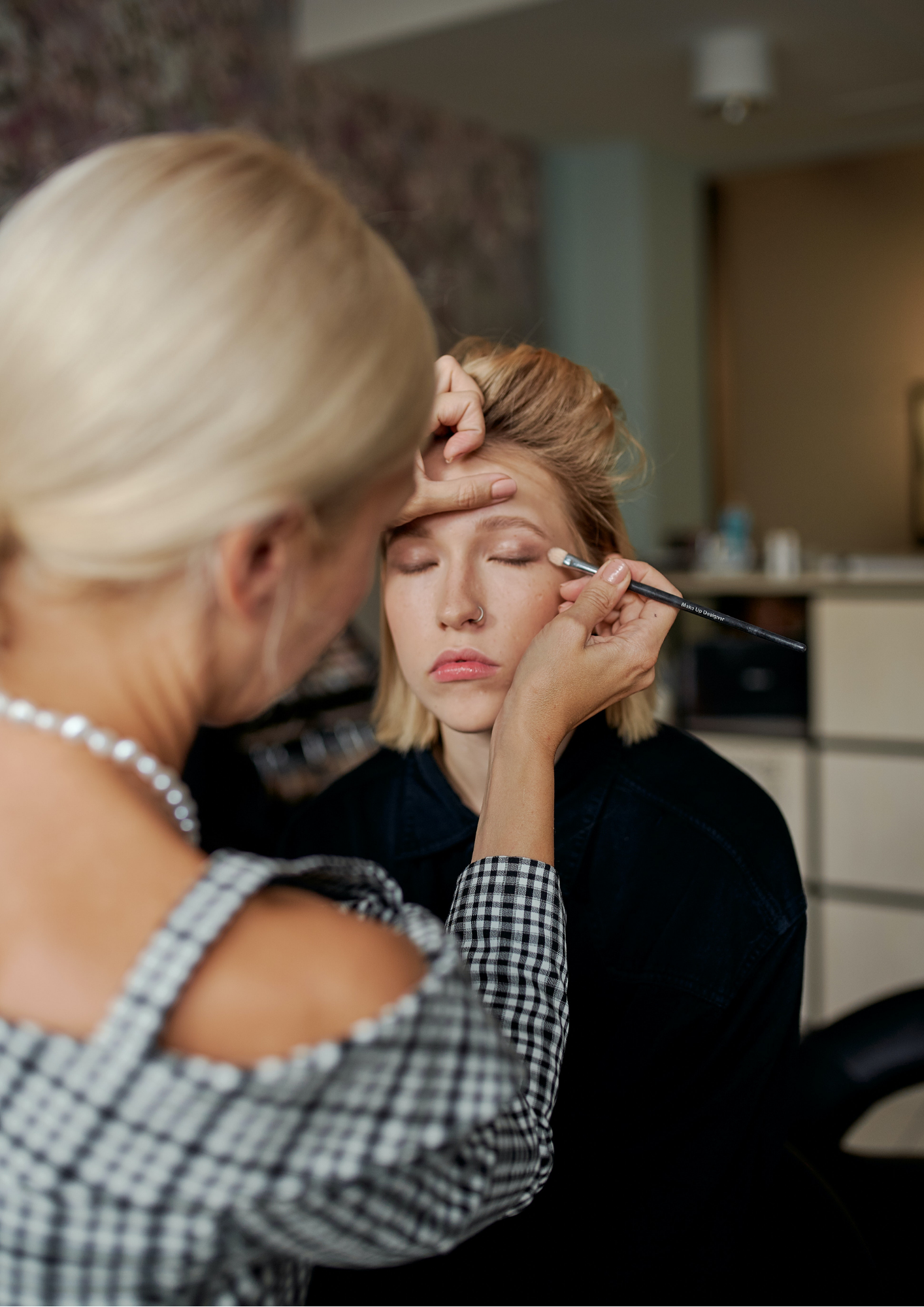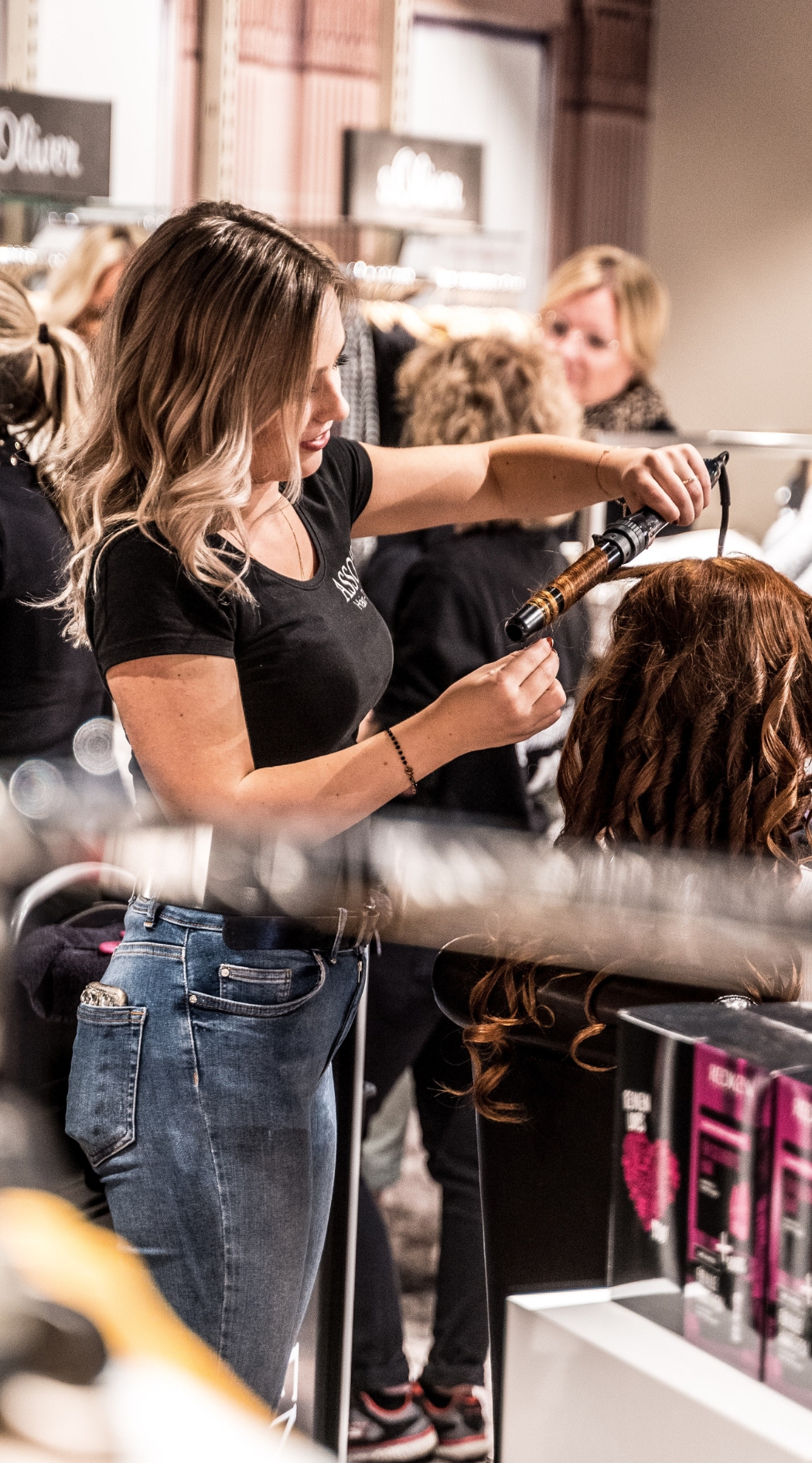How to Sell a Health & Beauty Business


We know selling your business can be a daunting process, but with the help of this guide, we can help health & beauty business owners like you, with the whole process, from valuation to getting the sale completed.
The UK beauty industry is worth an estimated £27.2 billion, with £8 billion of that coming from beauty services. It is responsible for 590,500 UK jobs, that's one job in 60. This means there is a high demand for your business, whether you’re looking to sell your hairdressing salon, nail bar, barbershop, or piercing & tattoo parlour.
Aside from beauty, Brits spend an average of £180 billion per year on health and fitness services, in sectors ranging from gyms and personal training to holistic health and therapy. A 20% growth projection next year means there are keen buyers interested in your business.
With 6700 health and fitness clubs in the UK, want to know how to make yours unique and attractive to buyers? We can help.
Read on for a walkthrough on valuation advice, how to prepare your business for sale, negotiation tips, and finalising the deal.
By combining your business’ assets and its goodwill attributes, a holistic and accurate valuation of your business can be calculated.
Your business’ assets will differ according to the type of sector you are in, depending on the type of health & beauty service your business offers, whether it be a gym or a massage parlour.
To use a gym/fitness studio as an example:
Typical assets featured in a gym’s valuation include:
It is important to honestly assess the age and condition of your assets for an accurate valuation.
Having higher-quality assets means the buyer does not need to worry about replacing any items soon, therefore providing better value for money.
It is more difficult to calculate the goodwill value of a business, however, it is essential to get an accurate valuation.

When estimating your health & beauty business’ goodwill value, it’s important to consider the following (using a hair salon as an example):
We understand it is natural to have an emotional attachment to your business, which can make it difficult to remove your bias from your valuation.
For this reason, to estimate an accurate price, we recommend seeking advice from a business broker.
At Intelligent, we have a dedicated expert team with years of experience in calculating the value of hundreds of health & beauty businesses.
We use a tailored approach depending on the business’s characteristics but using the same basic formula as shown below:


Adjusted Net Profit
This calculation takes into consideration any exceptional costs that the business has incurred. These exceptional costs are not considered part of the normal course of business and should therefore be excluded

Market Multiple
We analyse buyer behaviour and transactions regionally and nationally. We overlay our experience, sector knowledge and understanding of market trends to provide a real time market multiple

Assets & Liabilities
An asset is something that the business owns and is a key factor in determining the businesses value. These include such things as property, stock and equipment. A liability is the opposite of an asset and includes things such as loans, tax and mortgages

To be fully prepared for your sale, it is important you have all the necessary information in advance.
It also means you will be prepared for any questions an interested buyer may have.
As well as ensuring a more efficient and stress-free seller journey, you will also appear more professional and confident to buyers.
But there’s more!
By fixing any problems with your business you can be assured that you will receive the best possible price.
Below we have highlighted key actions you should take when preparing your health & beauty business for sale.
A simple yet effective way to increase the value of your health & beauty business is to ensure any maintenance and repair work has been carried out.
If this work has been carried out prior to sale, it will save the buyer significant hassle and hence, make your business an attractive option.
But remember:
Although repairs and maintenance are essential, don’t carry out a refurbishment or invest in brand new, expensive equipment just before your sale.
The buyer may want to change the appearance of the premises to suit them. Similarly, you won’t regain the cost of pricey new equipment in your sale price.
Hygiene is a top priority for potential buyers. It is crucial to ensure the highest standards to maintain buyer interest.
This is especially important in this close contact industry.
Fortunately, this is a remedy which is relatively simple and affordable to do.
It is recommended to have at least three years of financial statements prepared, ready to show interested parties. This usually happens at the enquiry stage.
These figures will enable a buyer to have an overview of your business’s financial health and stability, helping them to decide if it is a suitable choice for their needs.
The financial documents you will need are as follows:
The buyer’s due diligence will show any falsehoods within your business’s finances, so make sure you’re as honest and accurate as possible.
Other important documents to gather include:

It is important to have an organised business structure, especially as owners in this industry can often be incredibly involved with the day-to-day running of their business.
This is beneficial as it will make it more attractive to buyers who are only interested in businesses that can be operated in a hands-off manner.
To achieve this, you might consider asking your current managers and/or team leaders to take on more responsibilities on a day-to-day basis.

After enquiries and viewings have been made (click here for a guide on how to manage queries), an interested buyer will progress into the negotiation stage.
It is at the point where you will discuss what is included in the sale. By having your documents prepared in advance, you will be able to negotiate more efficiently.
Of course, the buyer will be inquisitive but remember, this is a two-way process. You should also be assessing their potential and capacity to run a business successfully.
The agreements will be written down in a ‘Heads of Terms’ or ‘Letters of Intent’ document. This is signed by both parties.
This document will include your final sale price, the sale’s terms, and a thorough itinerary of everything included in the price.
For all intents and purposes, this is finalising the sale, although it is not legally binding at this point.
Your buyer may be able to pay in a lump sum, but you could also offer a payment plan, with a larger total sale price. This is referred to as owner or seller financing.
Make sure you enquire about specific protective legal advice as you could be at risk of a buyer default.
Because of this, it’s important to opt for a good solicitor. We can help with that.
Using an Intelligent trusted partner, you’ll save time and money. Sellers complete on average 4 weeks earlier than the industry standard and our negotiated savings are passed on in full.
However, seller financing could work out as a viable compromise for both parties.
You’re probably wondering what comes next.
The buyer and their team of professionals will then carry out the necessary due diligence checks.
You can read about this in our in-depth guide, but it essentially involves scrutinising your premises, finances, assets, liabilities, clientele and reputation, as well as external threats and competition.

Hooray! You have arrived at the final stage of selling your business.
A successful due diligence check will allow the buyer to commit to a final, legally-binding ‘Purchase of Business Agreement’. The terms of sale in this document will be similar to your ‘Heads of Terms’ or ‘Letters of Intent’ from the negotiation stage. Therefore, it is absolutely vital that you are completely honest throughout the entire selling process, from start to finish.
However, any inconsistencies which may be uncovered during due diligence would usually lead to renegotiation of the price and/or terms of sale. In a worst-case scenario, the buyer may drop out of the deal completely.
Also:
You will need to obtain any necessary permissions from landlords and banks for the transfer of premises, equipment, and liabilities. Once these documents are finalised and the money is transferred, you will have officially sold your business.
Congratulations!
Just one more thing. Wondering about the handover?
There are two types: immediate and transitional. An immediate handover is when you have a sudden shift of ownership and management. This means the running of the business will immediately be transferred to the new owner, and they will begin their operations.
Alternatively, you may decide on a transitional handover. This allows for a smoother exchange of ownership. The terms of this handover are up to you and the new buyer. Usually, the seller will stay on for a transitional period. This is usually a couple of weeks or months.
This decided between you and the buyer. We recommend conducting a transitional handover wherever possible.
It is more attractive to buyers and is more likely to result in successful new ownership.
There it is, your ultimate guide to selling a health & beauty business.
It may seem like hard work, but with a little preparation and planning, you can achieve the best possible price for your business.
By selling with Intelligent, we will take away the stress of selling so that you can focus on your business instead.
Our dedicated expert team will work hard to fully understand your health & beauty business and what makes it unique, giving you peace of mind.
Get quick and easy insight into the real value of your business, without any obligations.
At Intelligent, all of our experts use a specific formula that will give you a free and highly accurate baseline valuation so that you've got a figure to work with that most realistically resembles the value of your business.